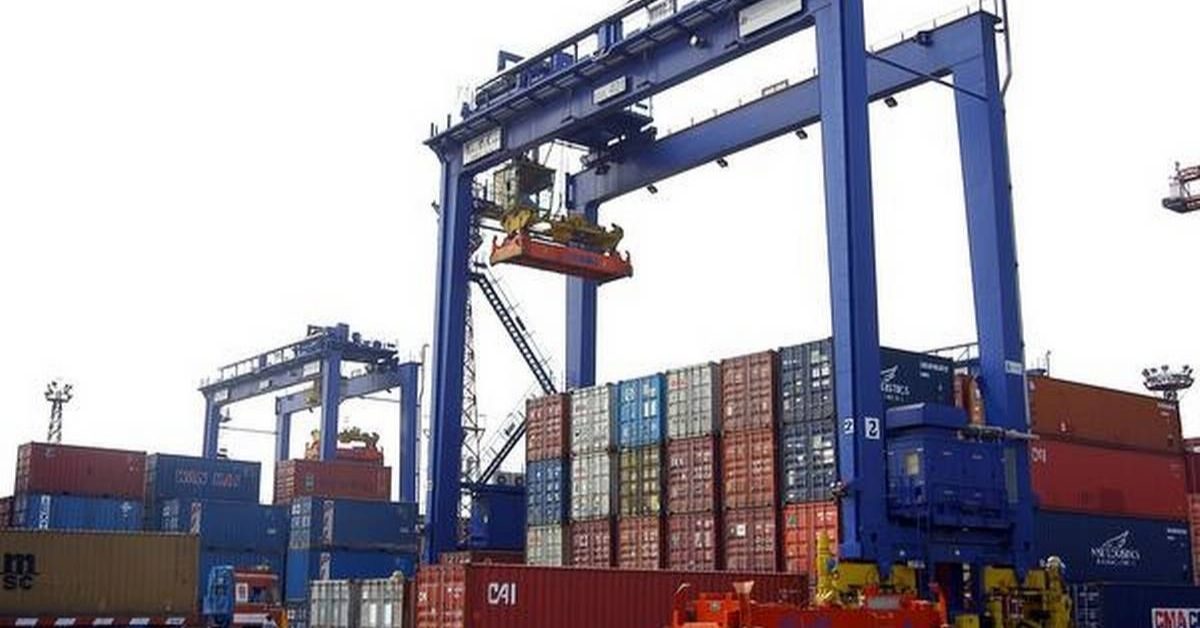Sri Lanka’s free trade deal have earned the country 600 percent more exports than imports in 2022, a Finance Ministry report said, as the country embarks on a renewed push to free consumers from vested import substitution businesses.
Up to September 2022, exports under four tree trade deals totaled 229.1 billion rupees, up to September 2022., while imports were only 32.29 billion rupees, or exports were 7 times as big as imports.
An Indo-Lanka Free Trade Agreement generated 140.4 billion US dollars of exports and resulted in 5.1 billion rupees in imports. Compare to exports imports were around 600 percent.
A Pakistan Sri Lanka Free Trade Agreement had generated 13.1 billion rupees in exports and 2.9 billion rupees in imports.
An Asia-Pacific Trade Agreement had generated 56.5 billion US dollars of exports, and 2.7 billion rupees of imports.
Sri Lanka has more imports than exports because people in the country get foreign exchange to spend from avenues other than merchandise goods, such workers remittances and service exports.
Meanwhile the government also usually borrows abroad and invests in projects which tend to generate imports (a financial account inflow will generate a current account outflow).
In 2022 Sri Lanka’s imports started to collapse with private credit slowing and banks paying back foreign debt.
There were also import controls. Import controls, however do not result in overall falls in imported goods because credit will be given to areas which are not controlled.
For example, cars may be banned, but credit will still go for people to buy tractors or build apartments.
Currencies collapse when money is printed, driving credit with ‘fictitious capital’, and making overall outflows exceed inflows.
Sri Lanka is trying to strike free trade deals to grow like East Asia, but has been thwarted by monetary instability.
Forex shortages created by the central bank also strengthen the hands of ‘domestic producers’ or ‘import substitutors’ who claim to be saviours of the public by ‘saving foreign exchange’. Since a Latin America style central bank was set up in 1950 ‘saving foreign exchange’ and robbing economic freedoms of the public with import and exchange controls have been important policy planks of successive administrations in the post ‘independent’ period.







